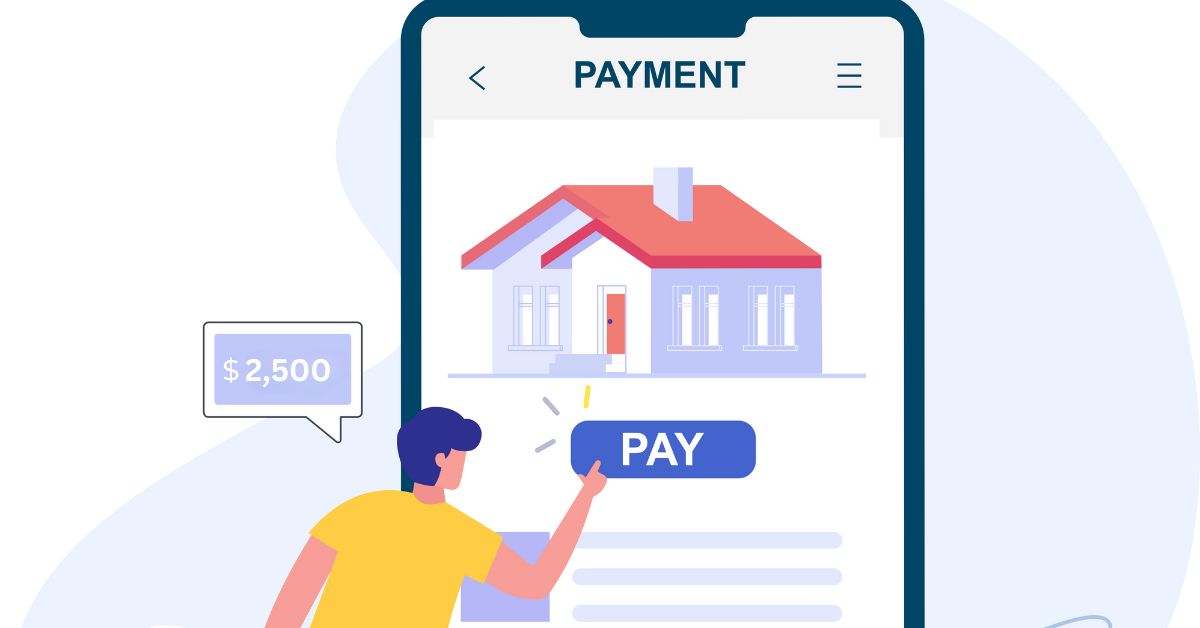Rent collection is a critical aspect of property management.
Yet, it can often be a complex and challenging task.
This article aims to provide landlords and property investors with effective strategies for rent collection. These strategies are designed to enhance efficiency, ensure timely payments, and maintain a steady rental income.
We will look at different parts of this process, including why a clear rent collection policy is important and how payment reminders can help.
Whether you're a seasoned landlord or a new property investor, this guide will offer valuable insights.
Stay tuned to learn how to optimize your rent collection practices and navigate potential pitfalls.
Establishing a Clear Rent Collection Policy
A clear and concise rent collection policy is the cornerstone of effective property management. It sets the expectations for both the landlord and the tenant, reducing potential misunderstandings.
This policy should outline the rent amount, due date, acceptable payment methods, and penalties for late payment. It should also detail the process for handling partial payments and payment plans. By establishing a comprehensive rent collection policy, you can ensure a smoother, more predictable rent collection process.
The Role of Payment Reminders in Ensuring Timely Rent Payment
Payment reminders play a crucial role in ensuring timely rent payments. They serve as a proactive approach to rent collection, reducing the likelihood of late or missed payments.

Here are a few effective ways to send payment reminders:
- Send a reminder email or text a few days before the rent is due.
- Use property management software that automatically sends reminders.
- Provide a physical reminder, like a notice on the tenant's door. (not recommended unless you have on-site management)
By implementing a consistent reminder system, you can encourage tenants to prioritize their rent payments and reduce the incidence of late payments.
Offering Multiple Payment Methods to Accommodate Tenant Preferences
Offering multiple payment methods can significantly improve the efficiency of your rent collection process. By accommodating different tenant preferences, you make it easier for them to pay their rent on time.

Consider offering options such as online payments, direct deposit, checks, or even mobile payment solutions. At Revolution, our residents can even pay in cash at any Walmart location. The more convenient the payment process is for your tenants, the less likely they are to delay or miss payments. Remember, the goal is to make the rent payment process as seamless as possible for your tenants.
Enforcing Late Payment Fees and Other Penalties
Enforcing late payment fees is a crucial aspect of effective rent collection. It serves as a deterrent for late payments and encourages tenants to prioritize their rent obligations.
.jpg)
However, it's essential to ensure that your late fee policy is fair and complies with local and state laws. Always clearly communicate this policy to your tenants. This way, they are aware of the potential financial consequences of late payments. In Georgia, where there are no statutory rules for late fees, we recommend making the rent due on the 1st, late on the 2nd, and charging a sizable late fee based on a percentage of the rent to incentivize prompt payment.
The Importance of Effective Tenant Communication
Effective communication with tenants is a cornerstone of successful rent collection. It helps to build a positive landlord-tenant relationship, which can significantly reduce the likelihood of late or missed payments.

Regularly updating tenants about rent due dates, payment methods, and any changes in the rent collection policy can ensure a smooth rent collection process. Remember, clear and open communication can prevent misunderstandings and foster a sense of trust and respect between landlords and tenants.
Utilizing Property Management Software for Streamlined Rent Collection
In the digital age, property management software has become an indispensable tool for efficient rent collection. These platforms can automate many aspects of the rent collection process, saving landlords and property managers valuable time and effort.

Moreover, they provide a centralized location for tracking rent payments, sending reminders, and managing tenant information. This not only streamlines the rent collection process but also reduces the risk of errors that can occur with manual record-keeping.
Automating the Rent Collection Process
Automation can significantly enhance the efficiency of rent collection. By setting up automatic payments, landlords can ensure that rent is collected on time, every time. This not only eliminates the need for manual collection but also reduces the likelihood of late or missed payments.
.jpg)
Furthermore, automation can also be used to send out payment reminders, issue receipts, and even impose late payment fees. This not only makes the rent collection process more efficient but also ensures consistency and fairness in the application of rules and penalties.
Legal Considerations in Rent Collection
When it comes to rent collection, it's crucial to be aware of the legal implications. Landlords must comply with local, state, and federal laws regarding rent collection and eviction procedures. Non-compliance can lead to legal disputes, fines, and even loss of property rights.

It's also important to understand tenant rights. For instance, landlords cannot arbitrarily increase rent or impose excessive late payment fees. They must also provide adequate notice before eviction. Understanding these legal considerations can help landlords avoid costly mistakes and maintain a positive landlord-tenant relationship.
Handling Partial Payments and Payment Plans
There may be instances when tenants are unable to pay the full rent on time. In such cases, landlords can consider accepting partial payments or setting up payment plans. This approach can help maintain a steady cash flow and prevent the need for eviction.

However, landlords must be careful when accepting partial payments. It's important to document these transactions and communicate the terms of the payment plan to the tenant. This can help avoid misunderstandings and ensure that the remaining rent is paid promptly. You may inadvertently prevent yourself from being able to file eviction later in the month if you take a partial payment, so it is important to consult with legal counsel on how best to handle this, or use professional property management.
Documenting Rent Payment Transactions
Keeping a detailed record of all rent payment transactions is crucial for effective rent collection. This includes receipts for cash payments, bank statements for direct deposits, and transaction records for online payments. Proper documentation can help resolve disputes, track late payments, and provide a clear picture of your rental income.
.jpg)
Conclusion: Maintaining a Steady Rental Income Through Effective Rent Collection
In conclusion, effective rent collection is a multifaceted process. It requires a clear policy, diverse payment methods, and consistent communication. By implementing these strategies, landlords and property managers can ensure a steady rental income.
Moreover, embracing technology can streamline the process. Automation, property management software, and online payment platforms can make rent collection more efficient. Remember, a successful rent collection strategy is about more than just getting paid. It's about fostering a positive landlord-tenant relationship that promotes timely payments and minimizes disputes.


